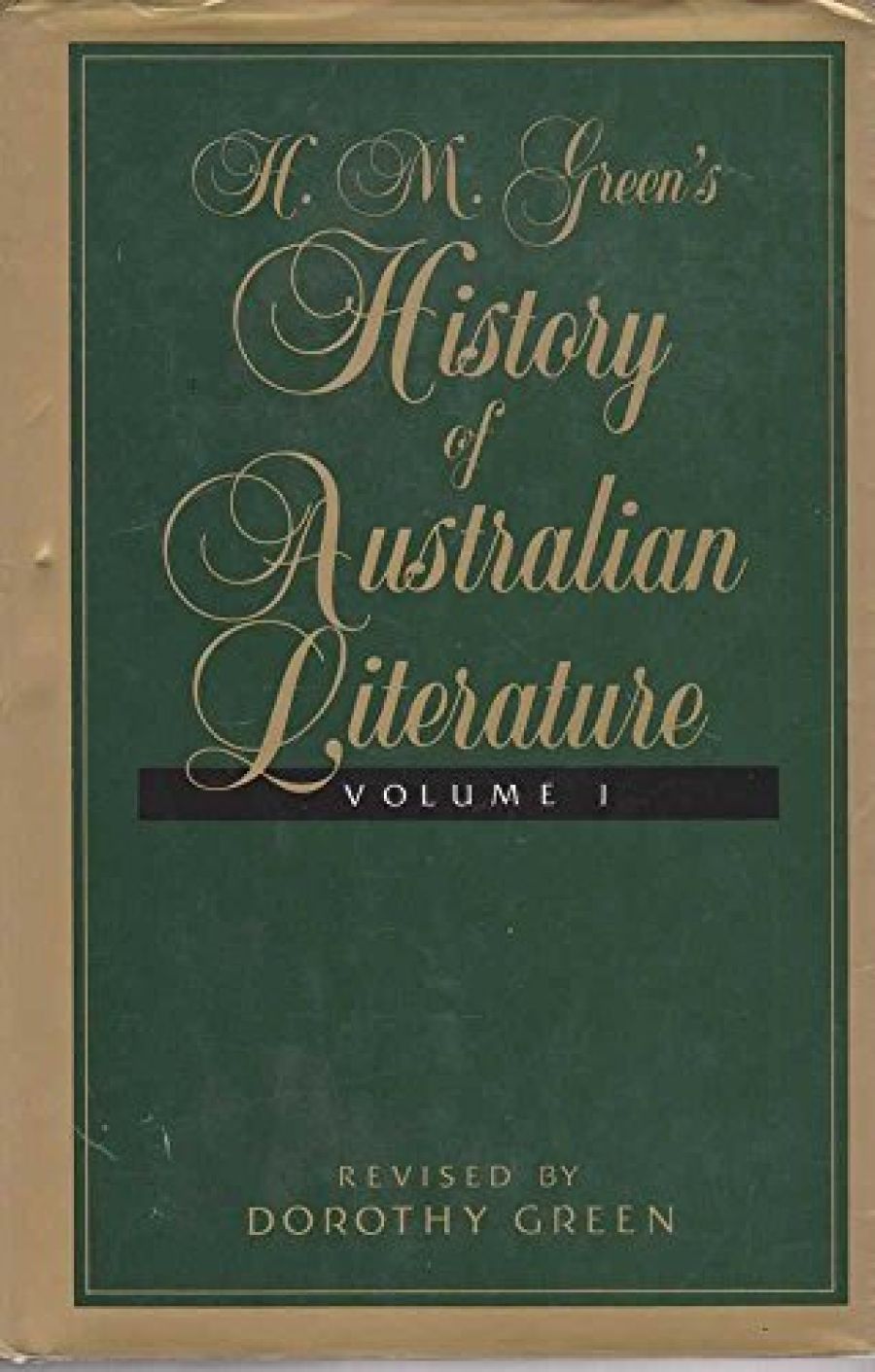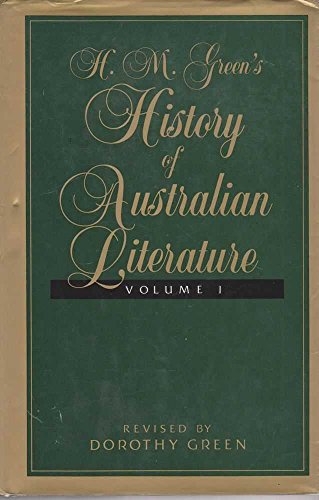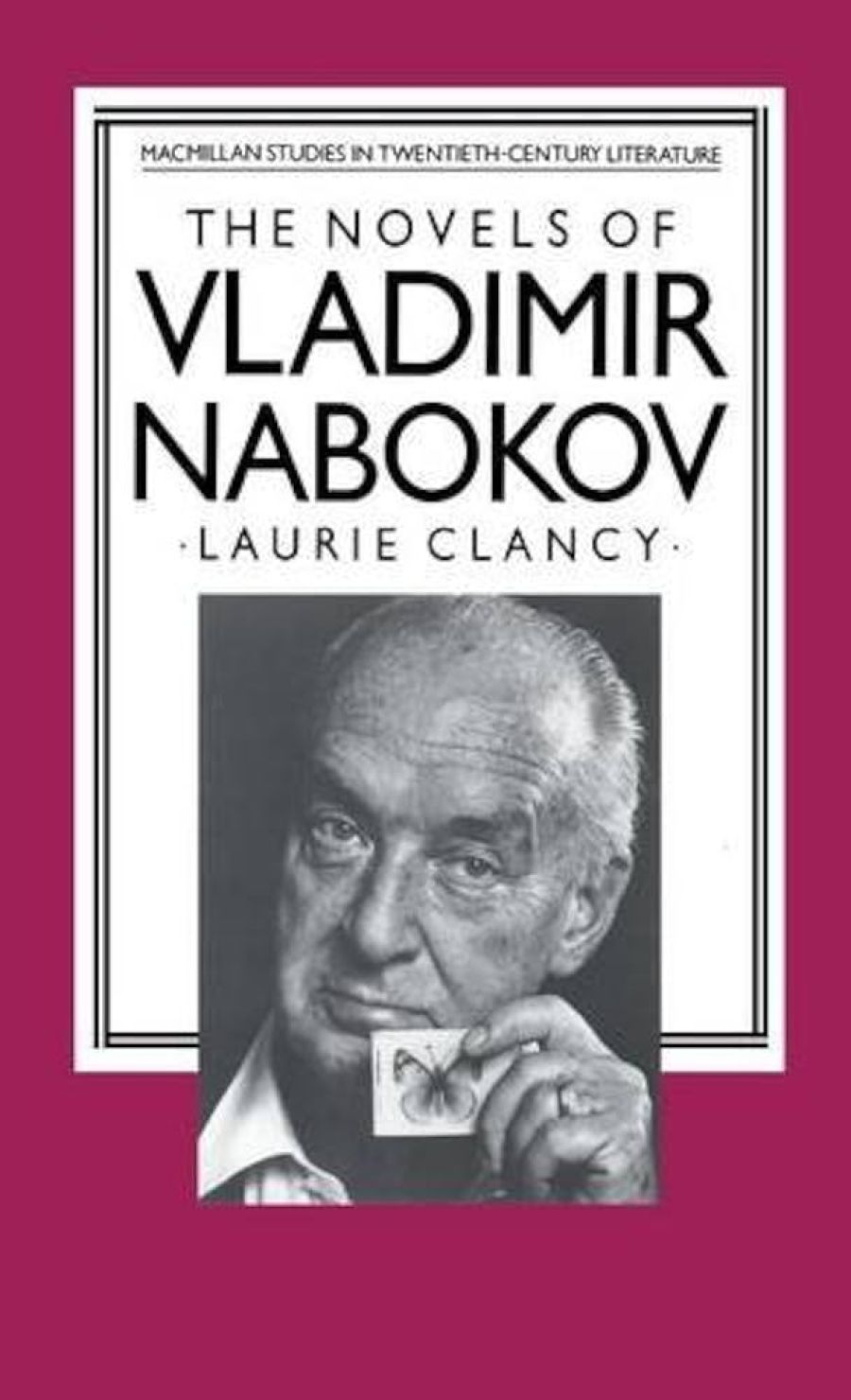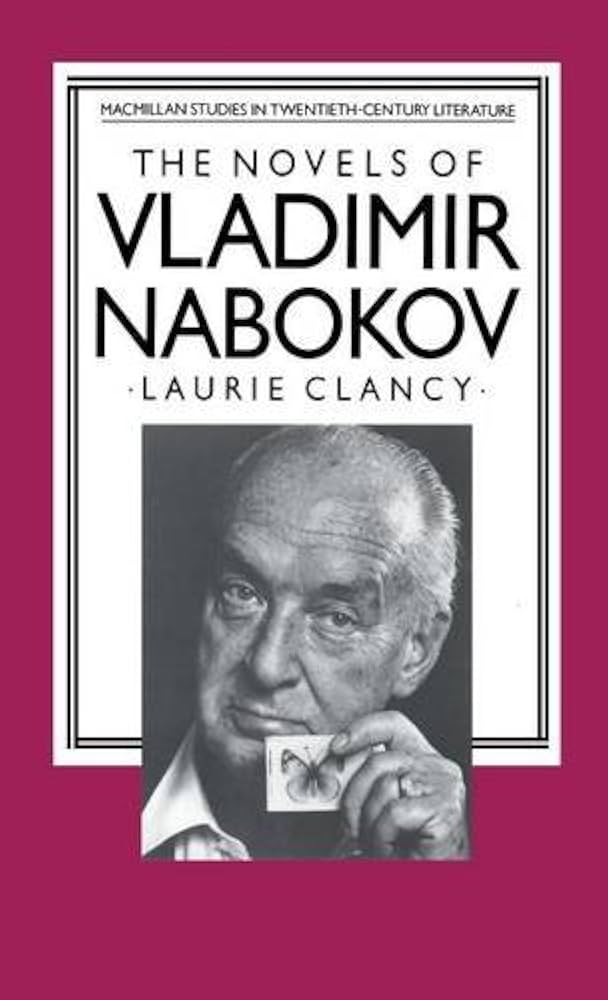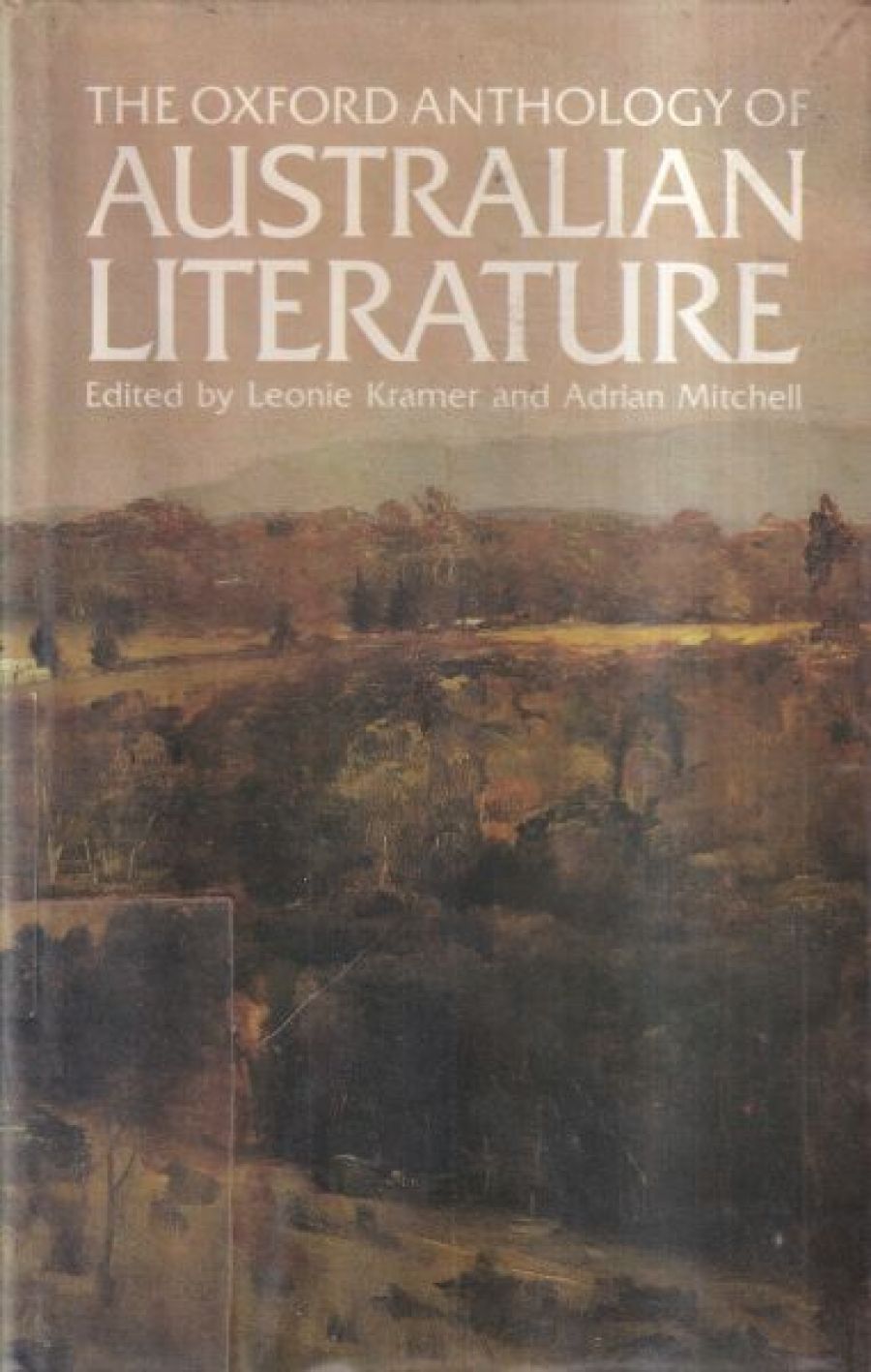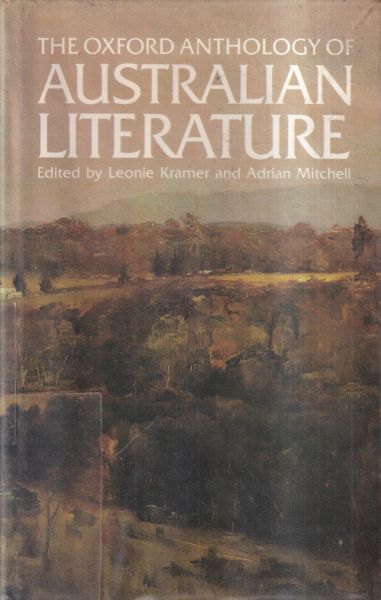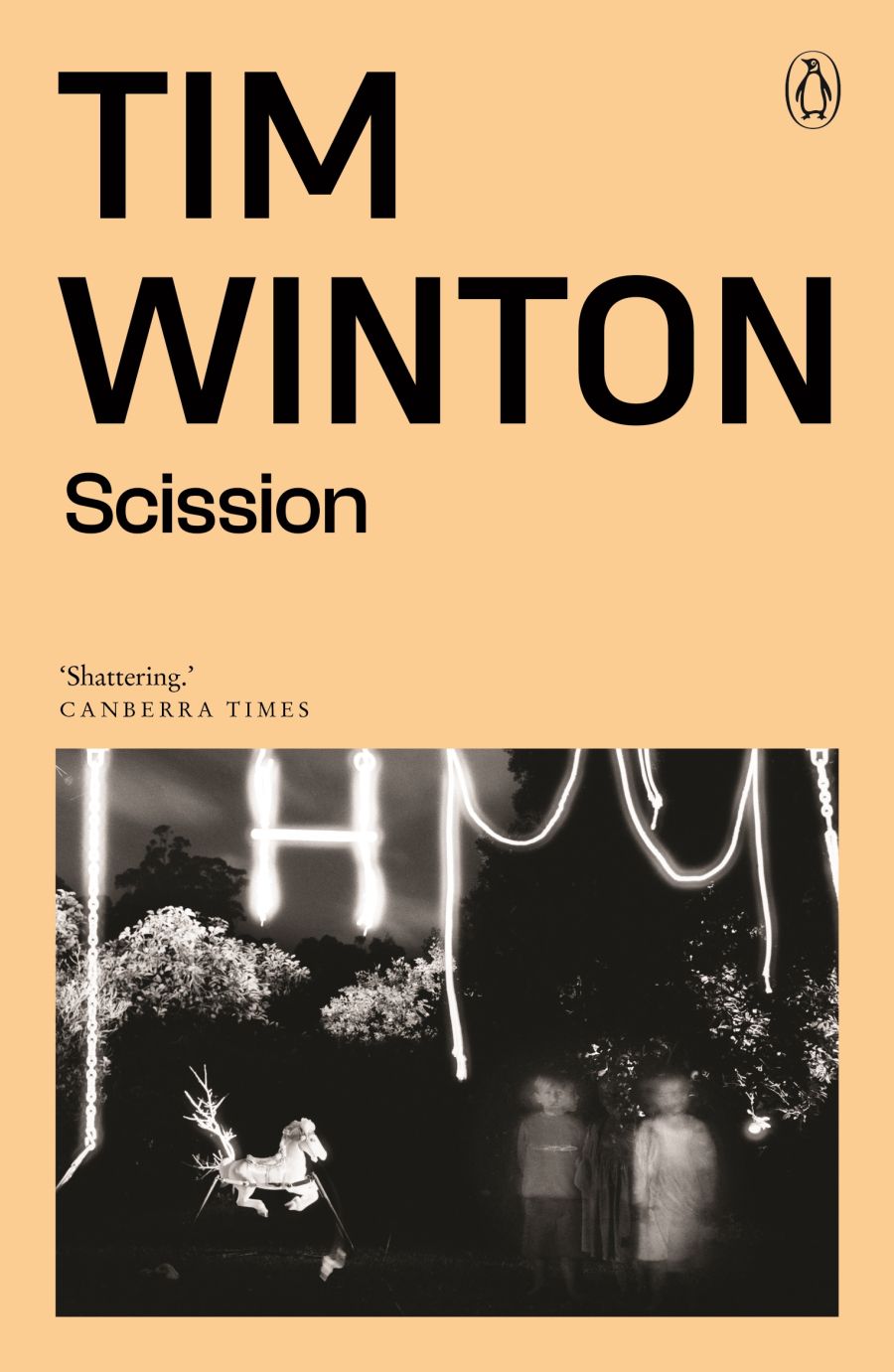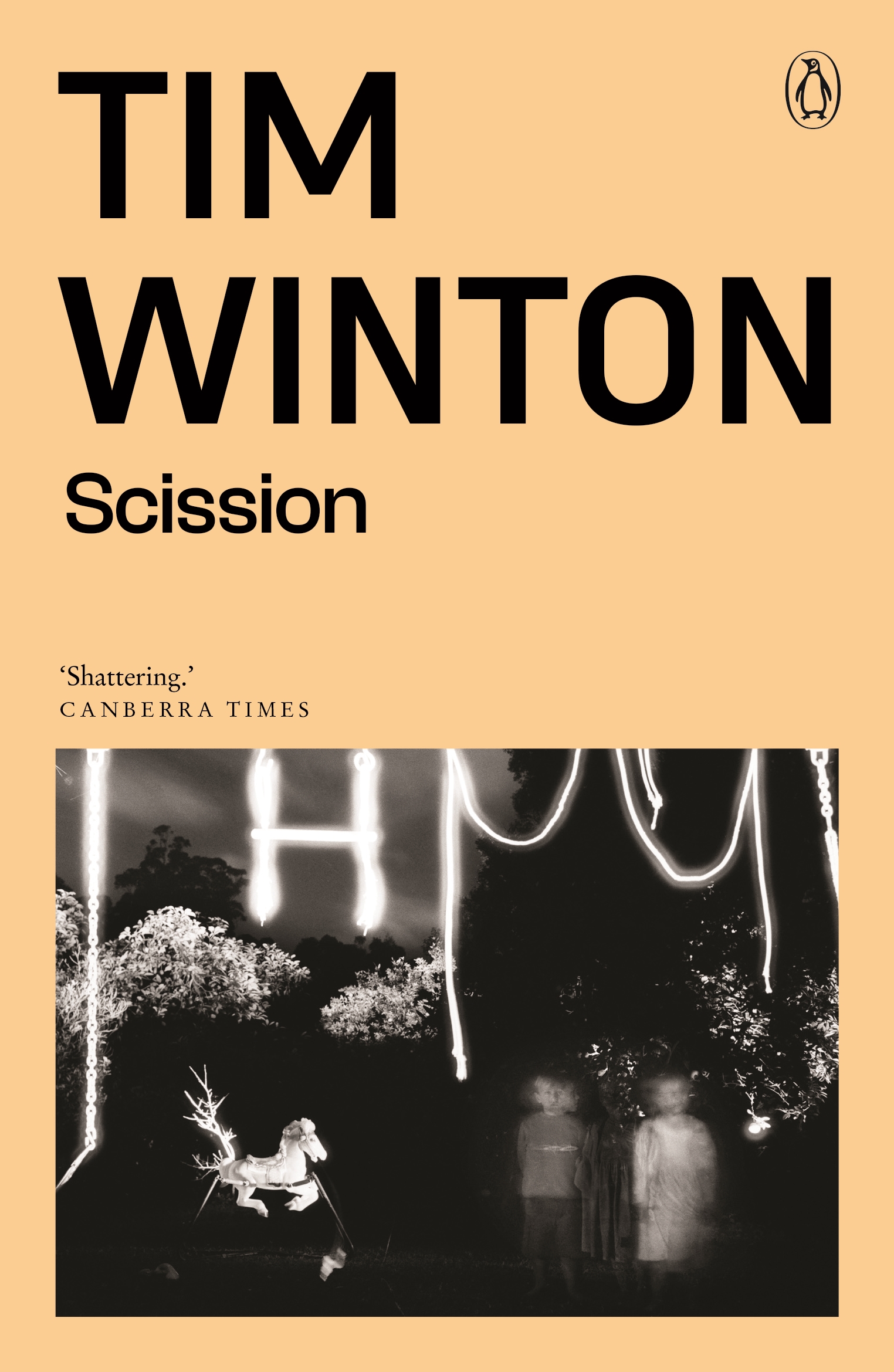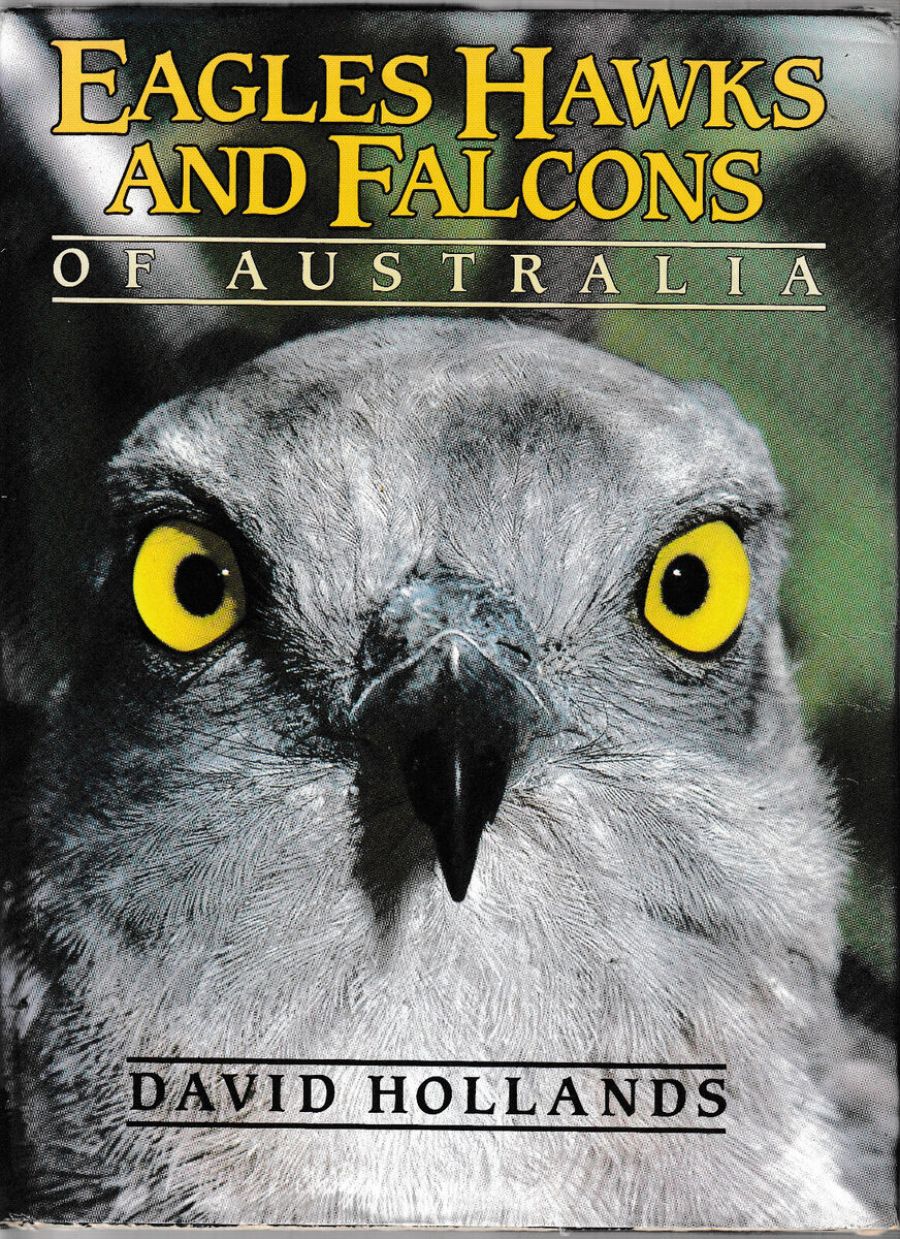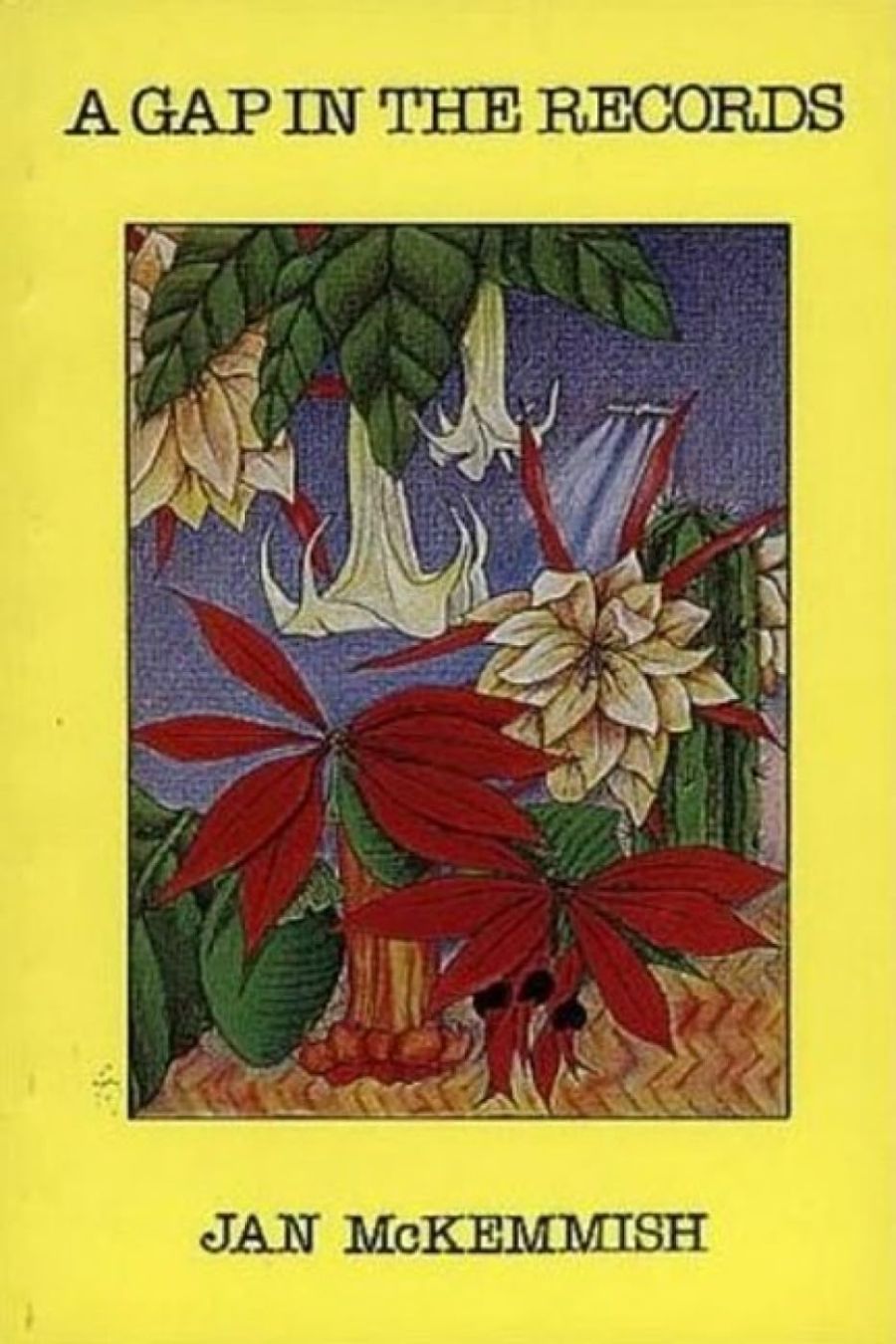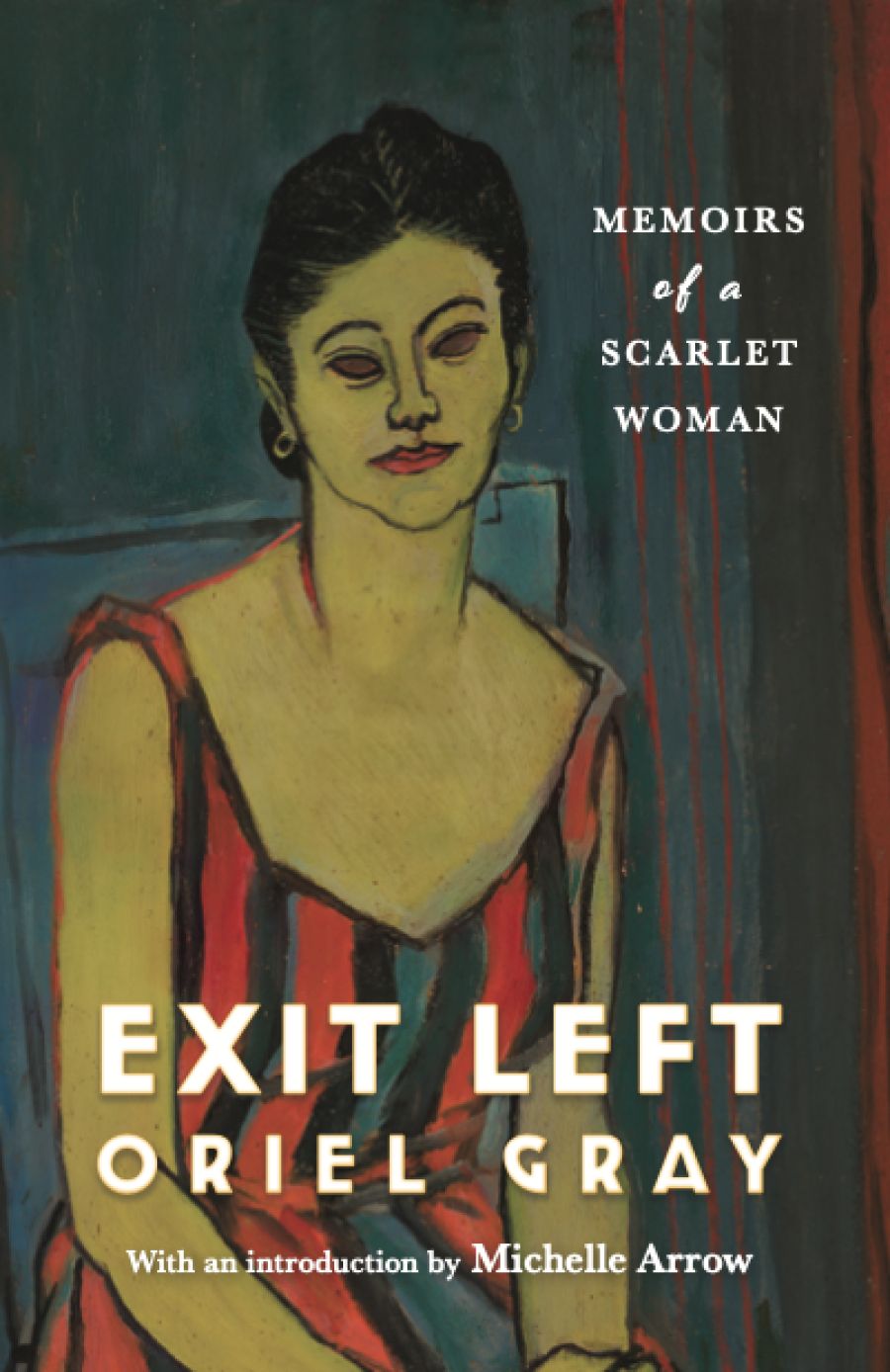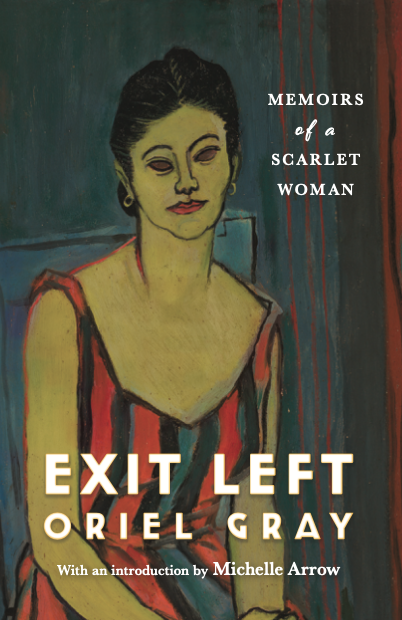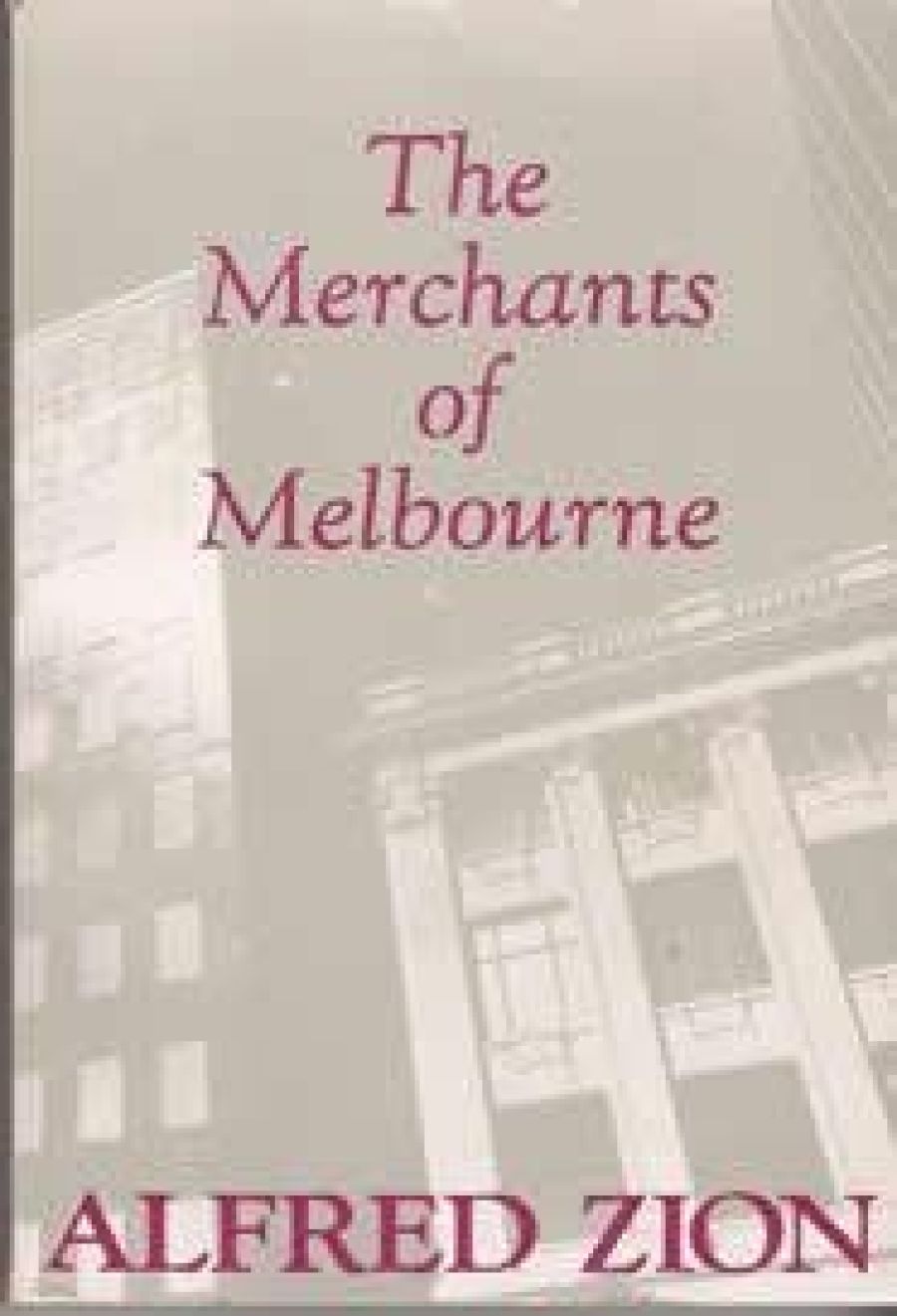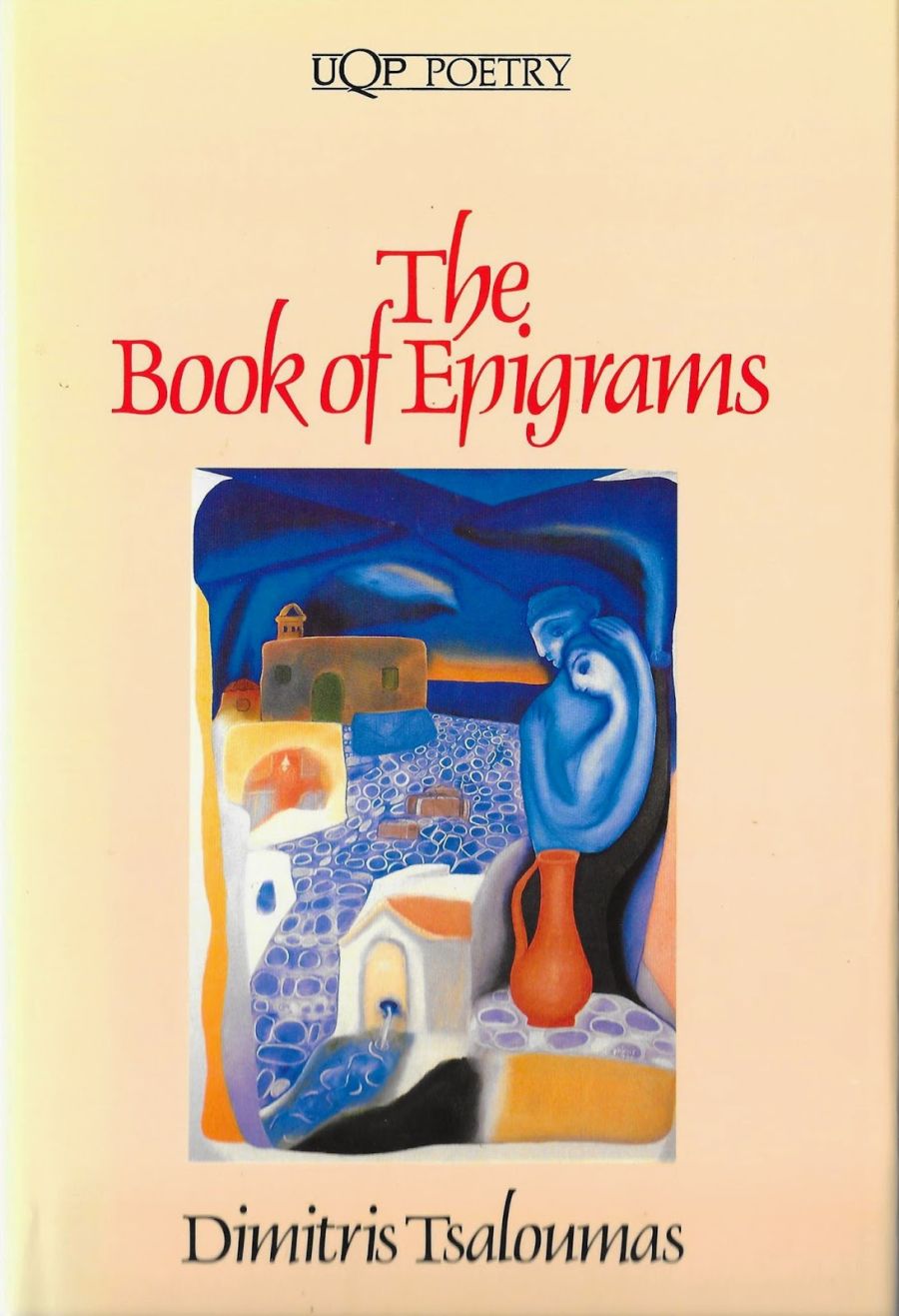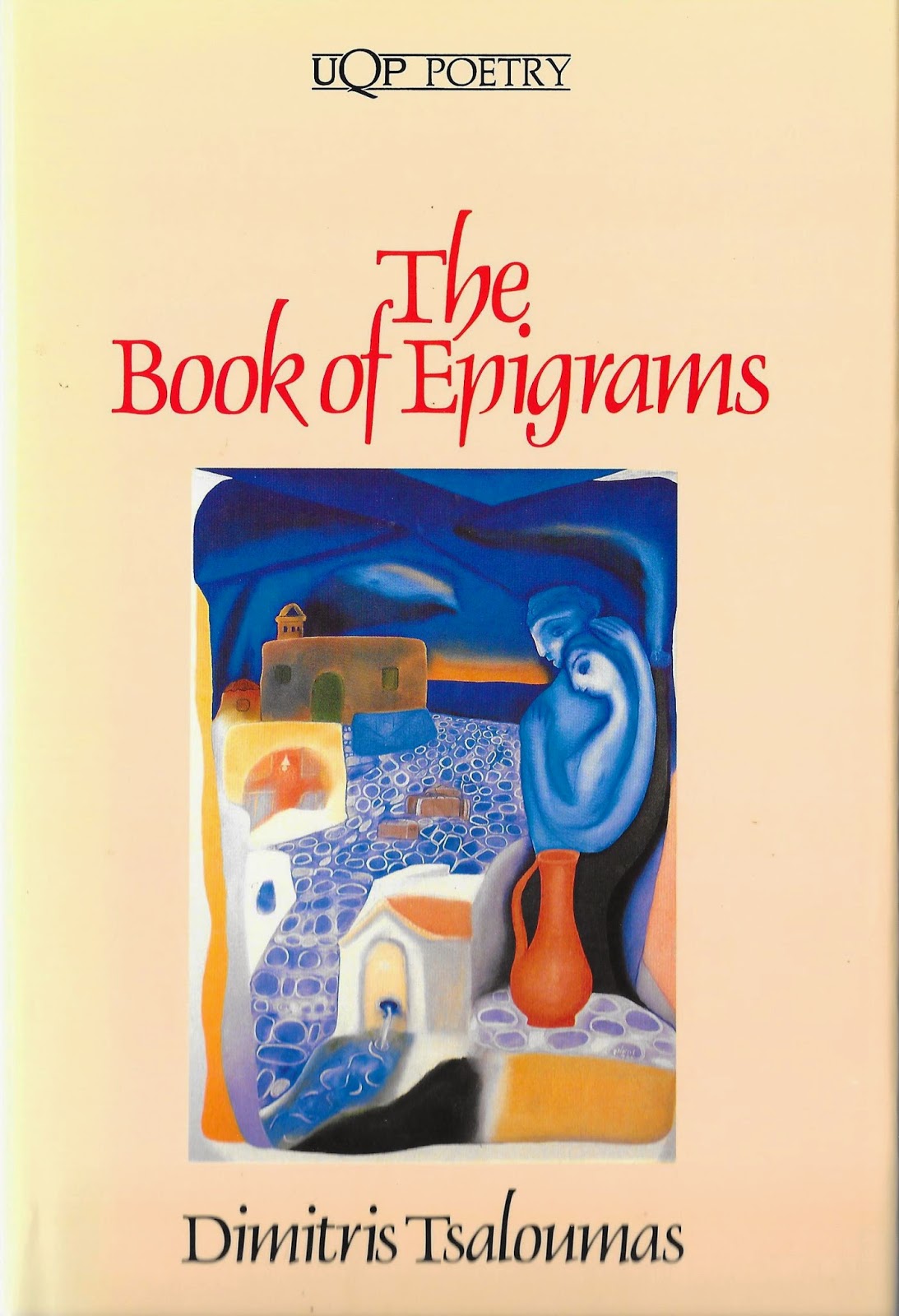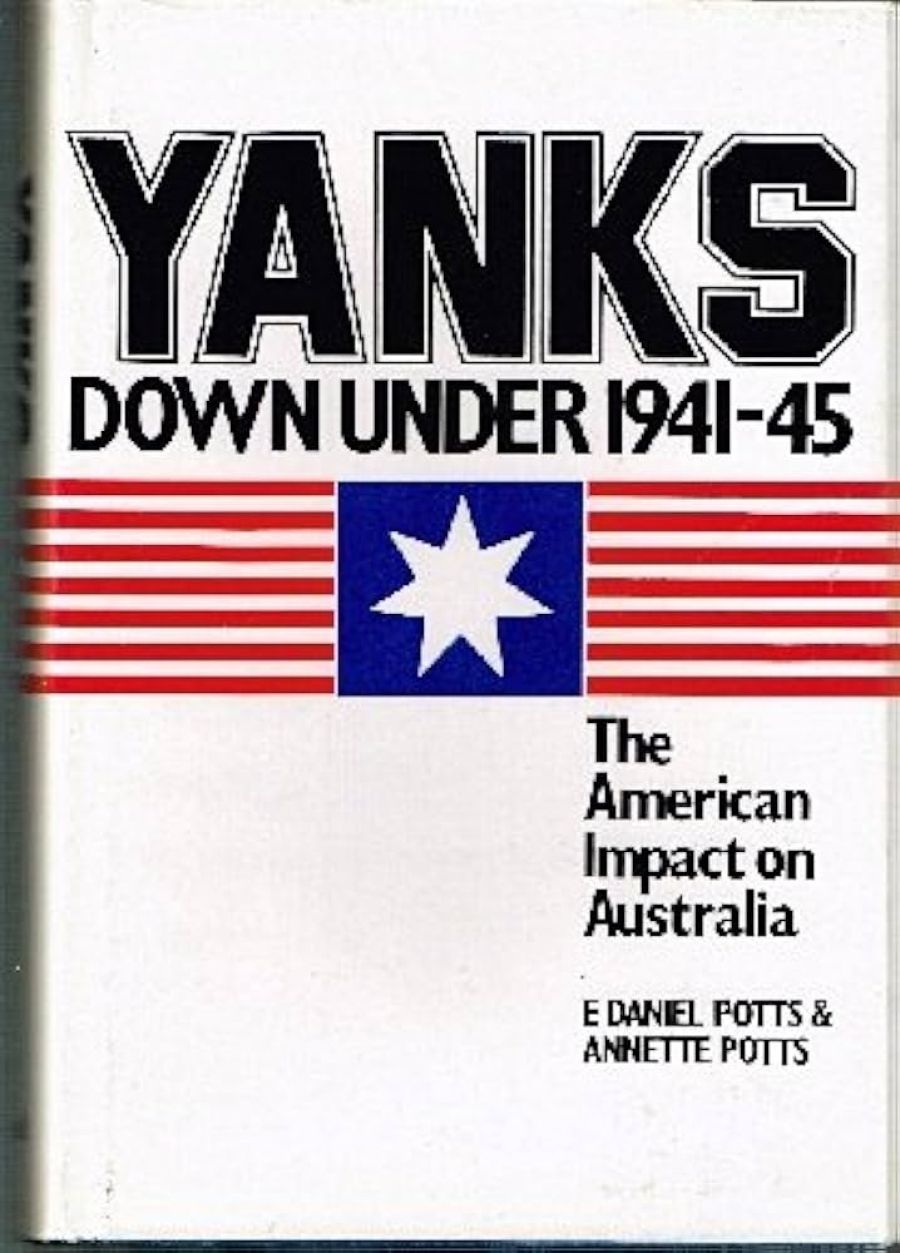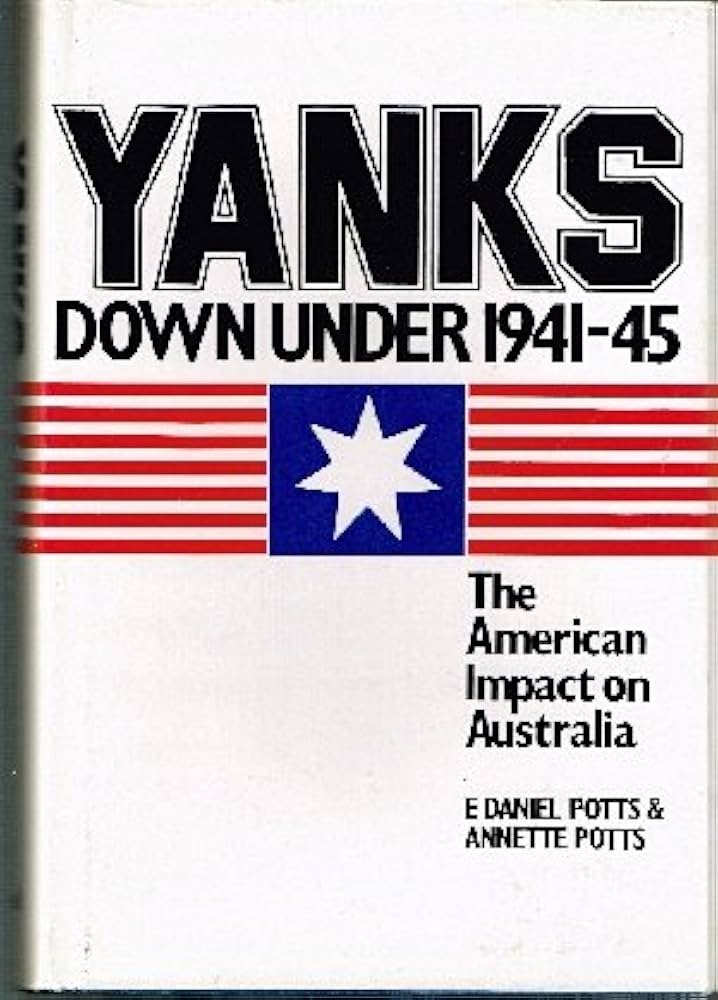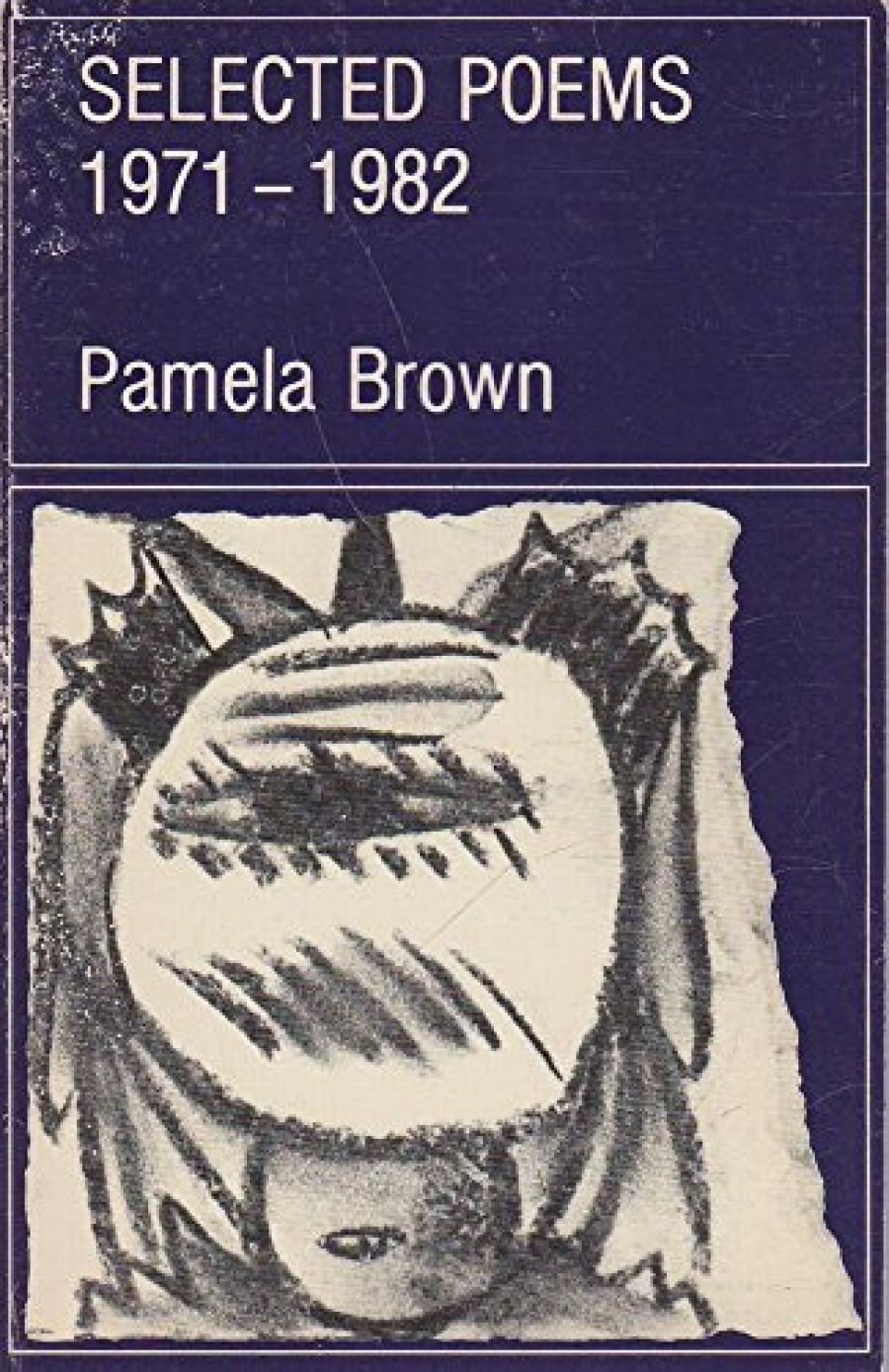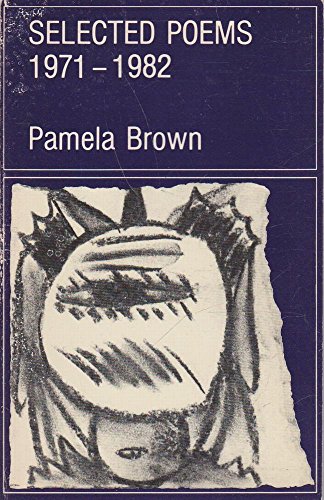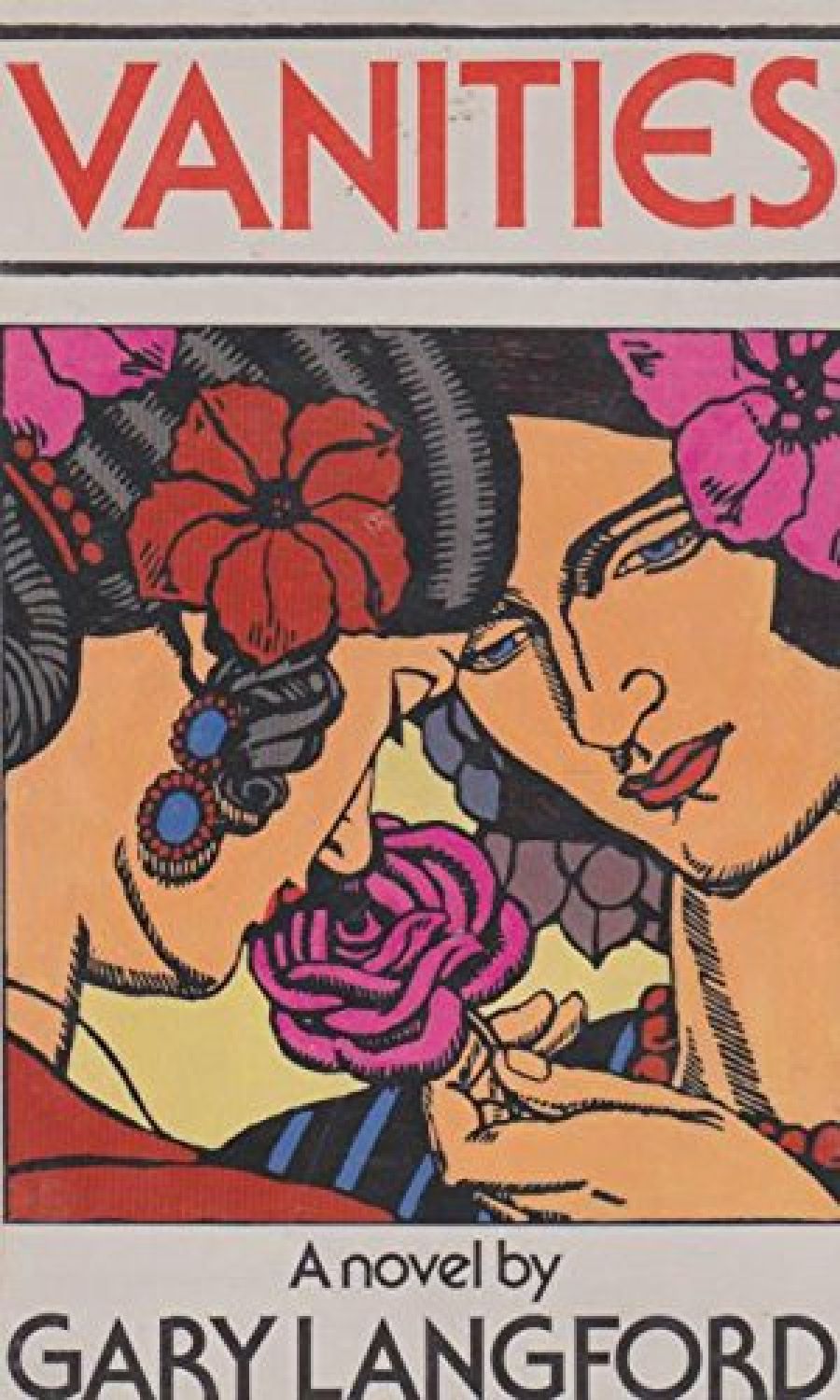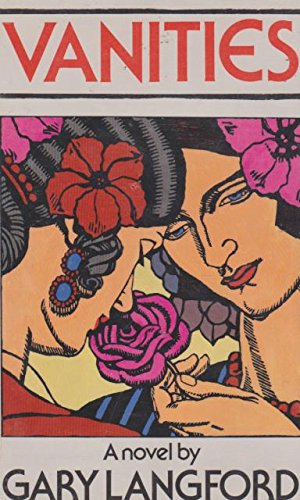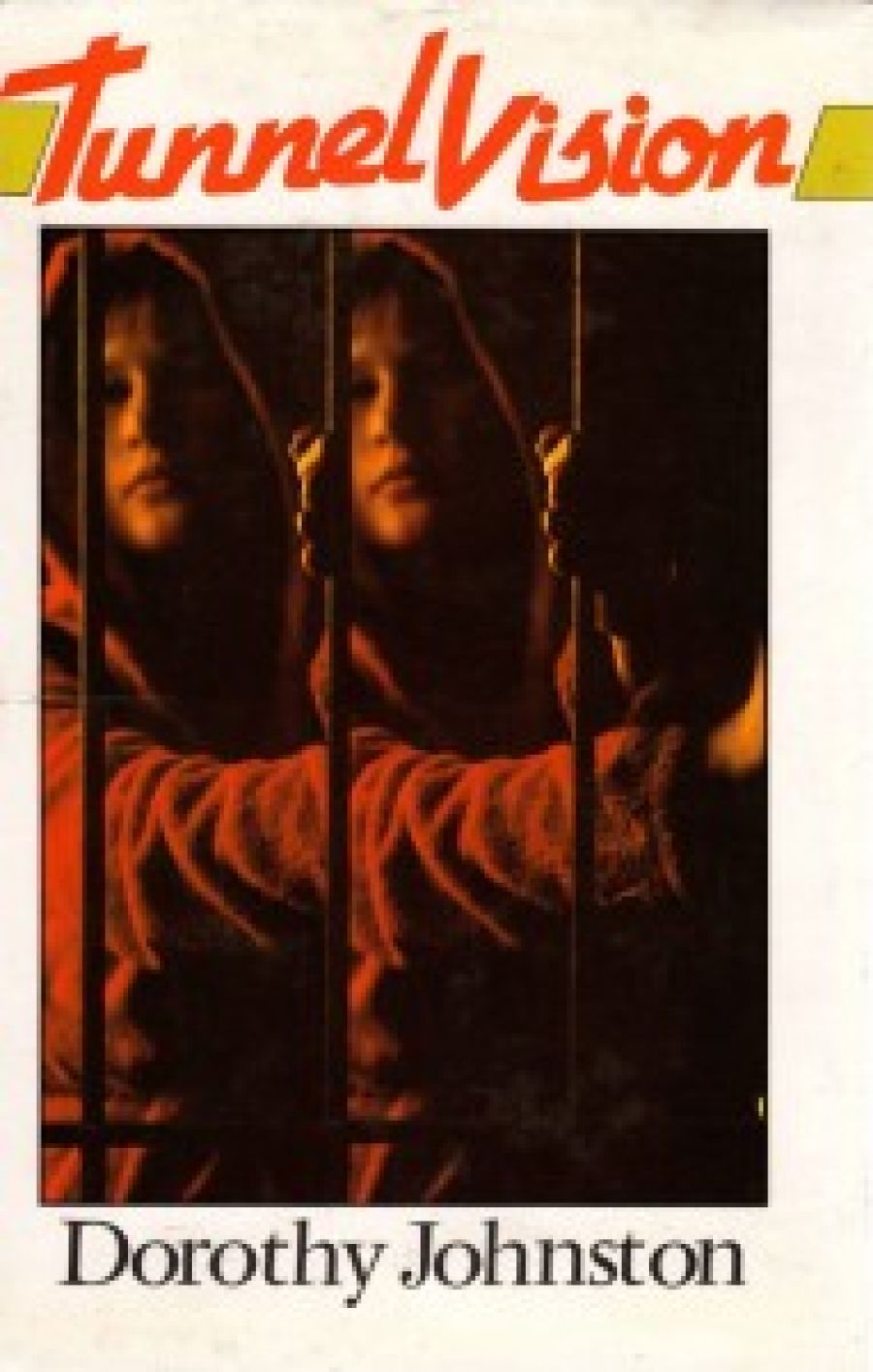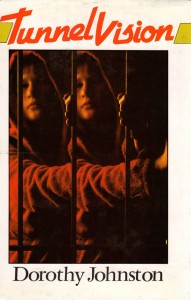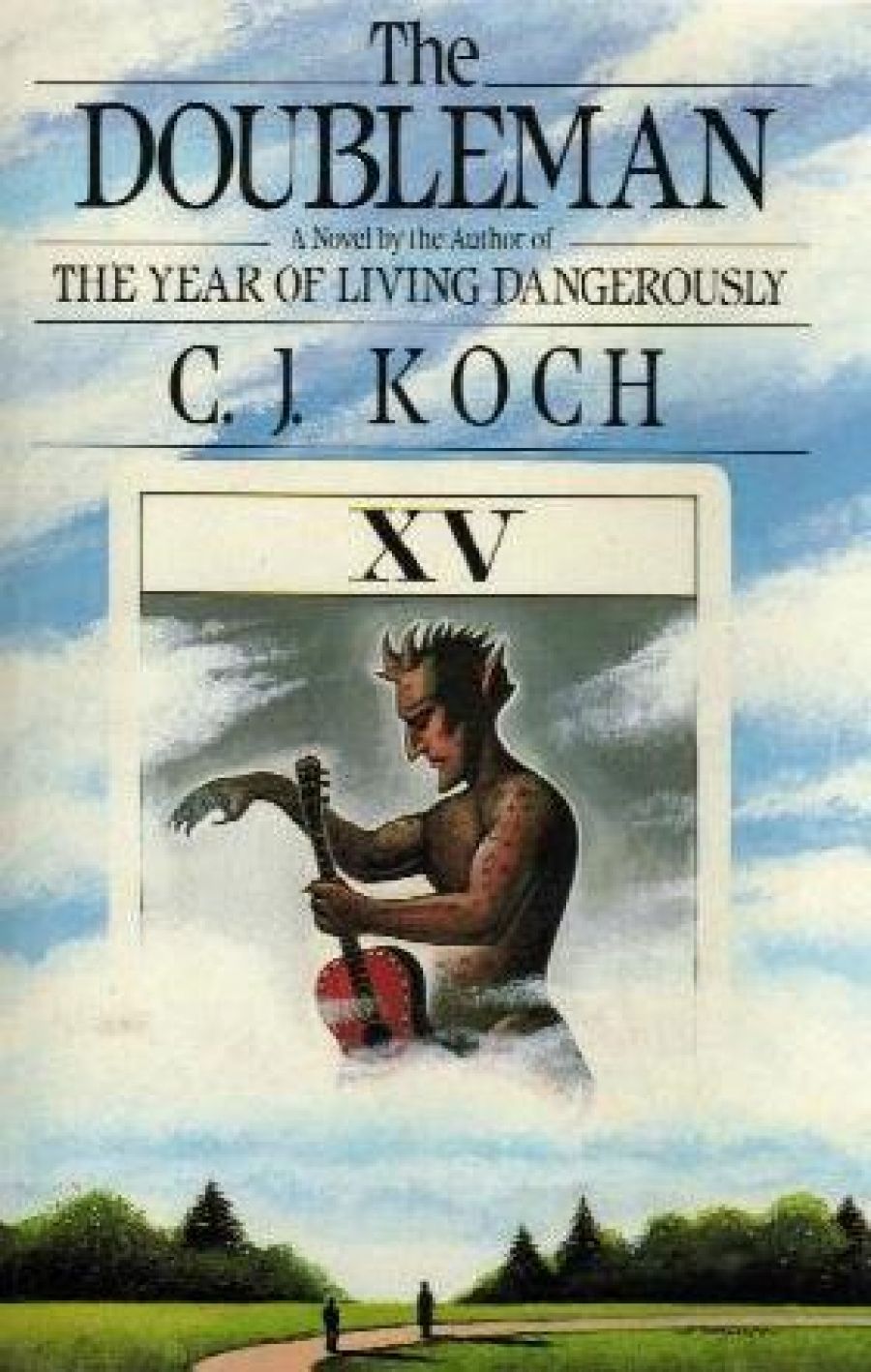
- Free Article: No
- Contents Category: Fiction
- Review Article: Yes
- Online Only: No
- Custom Highlight Text:
C.J. Koch in this powerful and evocative novel, The Double Man, has applied a psychoanalytic model of human personality to fairytales and the fantastical world of myth: the pursuit of illusion as reality. Its ingenious double life is that of a modern-day fairy tale coupled with the face of 1960s man, paralysed with the despair of his era: its inability to cope with the breakdown of shared values and beliefs. Richard Miller is both the prince of the archetypal fairytale and the prototype of modern man trying to create a private reality out of ancestral beliefs. The Double Man recalls W.B. Yeats’s dread of the ‘rough beast…its hour come round at last’, and the warnings of Goethe who foresaw a time of such chaos: when odd spiritual leaders would emerge and man would turn full circle to find popular truth in ancient myths and legends.
- Book 1 Title: The Doubleman
- Book 1 Biblio: Chatto & Windus, 326 p, 48.95 0 7011 2945 X
C.J. Koch in this powerful and evocative novel, The Double Man, has applied a psychoanalytic model of human personality to fairytales and the fantastical world of myth: the pursuit of illusion as reality. Its ingenious double life is that of a modern-day fairy tale coupled with the face of 1960s man, paralysed with the despair of his era: its inability to cope with the breakdown of shared values and beliefs. Richard Miller is both the prince of the archetypal fairytale and the prototype of modern man trying to create a private reality out of ancestral beliefs. The Double Man recalls W.B. Yeats’s dread of the ‘rough beast…its hour come round at last’, and the warnings of Goethe who foresaw a time of such chaos: when odd spiritual leaders would emerge and man would turn full circle to find popular truth in ancient myths and legends.
Richard Miller, crippled as a child with polio, his cousin Brian Brady and friend Darcy Burr, are boys reared in the isolationism of Tasmania in the 1950s. Widely differing intellectually and spiritually, the three become inseparably linked by their mutual passion for the teachings of an eccentric guitar teacher and gnostic guru, Broderick. He becomes, particularly for Miller and Darcy, their co-walker; the double man who mesmerises their lives until Brady walks away from it all and Miller comes face to face with the nature of his illusion.
Read more: Margaret John reviews 'The Doubleman' by C.J Koch
Write comment (0 Comments)


